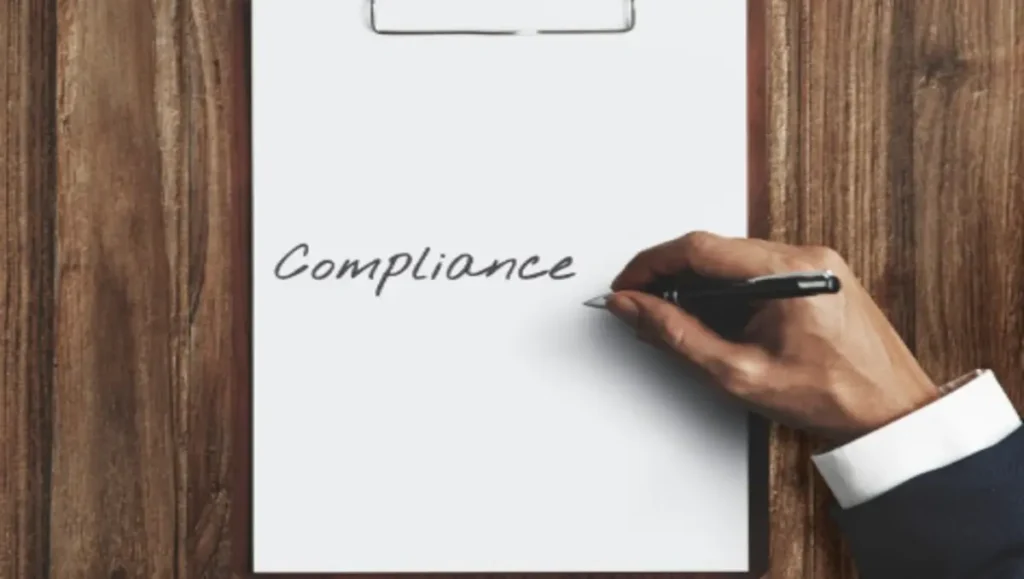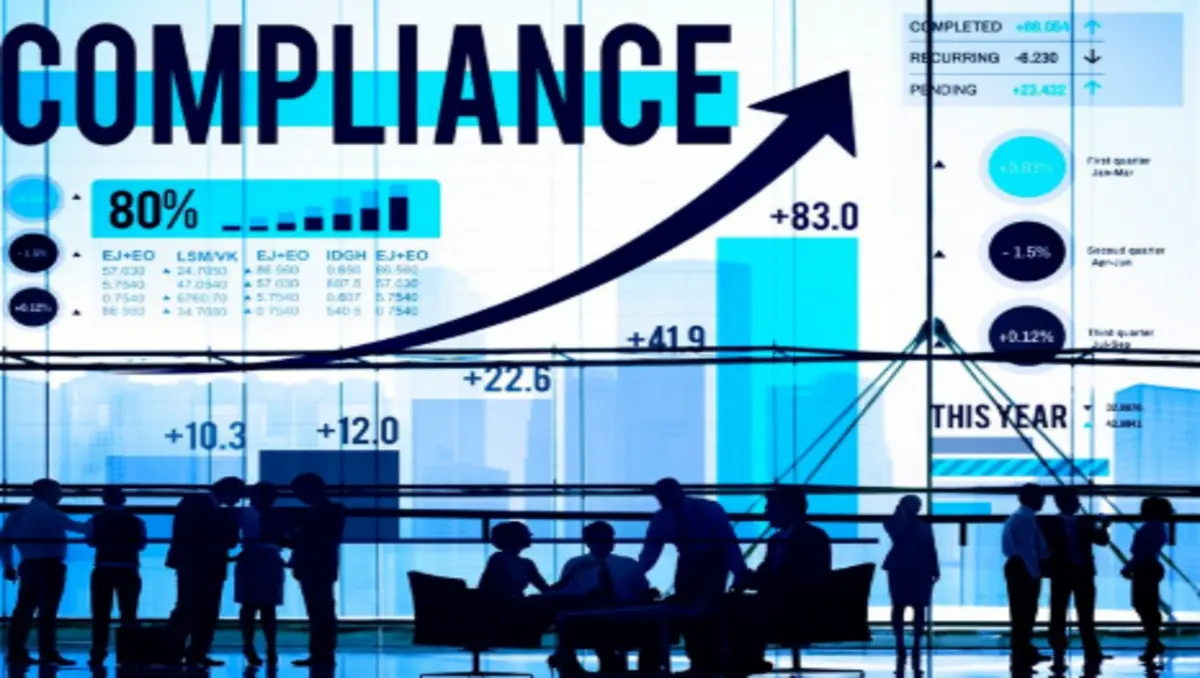Compliance is an essential element of running any business, organization, or institution today. Whether you’re a small startup, a global corporation, or a non-profit organization, ensuring compliance with rules, regulations, and standards is critical for success. But what does compliance really mean, and why is it so important? Let’s break it down in simple terms and see how it affects everything from everyday operations to long-term goals.
What Is Compliance?
In the most basic sense, compliance means following rules and regulations that are set by governments, industry bodies, or internal policies. These rules are designed to ensure fairness, safety, ethics, and transparency in business practices. It involves everything from ensuring that your company adheres to tax laws to keeping your employees safe at work, protecting customer data, and ensuring that the products you sell are up to standard.
However, compliance isn’t just about obeying the law. It’s about establishing ethical standards within an organization and promoting a culture of responsibility, integrity, and accountability. Compliance goes beyond simply following the law—it’s about building trust with customers, investors, and employees, which ultimately helps the business grow and thrive.
Why Is Compliance So Important?
1. Legal Protection:
One of the primary reasons for compliance is to avoid legal troubles. Non-compliance can lead to severe consequences, including lawsuits, fines, and other penalties. By following the necessary laws and regulations, businesses protect themselves from legal risks and safeguard their reputation.
2. Trust and Reputation:
Compliance also helps build trust. Customers, clients, and partners want to know that your business follows ethical practices and is trustworthy. A commitment to compliance sends a clear message that you value your customers and are serious about maintaining high standards. When people trust you, they’re more likely to buy from you, work with you, or invest in your business.
3. Operational Efficiency:
Adhering to compliance requirements often leads to better organization within your business. Processes and procedures are put in place to ensure that you’re operating in the most efficient and effective way possible. This can improve productivity, streamline operations, and reduce the risk of errors.
4. Employee Safety and Well-Being:
For businesses, ensuring compliance with health and safety regulations is a must. Compliance with workplace safety standards helps create a safe environment for employees, which reduces the risk of accidents and injuries. Employees are more likely to be satisfied and motivated when they know that their well-being is a priority.
5. Financial Savings:
Although it might seem like compliance comes with a cost, it can actually help businesses save money in the long run. By preventing potential fines, lawsuits, and damage to your reputation, compliance helps you avoid costly mistakes. Plus, following industry standards can lead to better business practices, which ultimately translates into higher profits.
Types of Compliance Every Business Must Consider
There are various types of compliance that businesses must consider depending on the industry they operate in. Here’s a look at some of the most common:
1. Regulatory Compliance:
This refers to following laws and regulations that are imposed by government bodies. These regulations can relate to taxes, environmental protection, employment law, financial reporting, and much more. In the United States, for example, industries like healthcare, finance, and education are subject to strict regulatory oversight.
2. Financial Compliance:
This type of compliance refers to following the standards for financial reporting and auditing. Companies must ensure that their financial statements accurately reflect their financial position and are in accordance with established accounting standards. This type of compliance is critical for avoiding fraud and maintaining transparency.

3. Data Compliance (GDPR, CCPA):
With the rise of digital data, data protection and privacy have become a significant focus. Regulations like the General Data Protection Regulation (GDPR) in Europe and the California Consumer Privacy Act (CCPA) in the United States are just a few examples of rules designed to protect consumers’ personal data. Businesses must ensure they’re handling customer information responsibly and securely.
4. Industry-Specific Compliance:
Different industries have their own set of regulations that are unique to their operations. For example, healthcare organizations must follow strict healthcare compliance rules such as HIPAA (Health Insurance Portability and Accountability Act) to protect patient information. Similarly, the finance sector must comply with regulations from the SEC (Securities and Exchange Commission) and other financial watchdogs.
5. Environmental Compliance:
Businesses that have an environmental impact need to comply with environmental regulations that aim to minimize pollution, waste, and resource depletion. These regulations often involve waste disposal, emissions limits, and energy consumption requirements.
Compliance Challenges Businesses Face
While compliance is important, it can also be complex and challenging. Here are a few reasons why businesses may struggle with staying compliant:
1. Keeping Up with Changes in Regulations:
Laws and regulations are constantly changing. Governments, regulatory bodies, and industry standards evolve, and businesses must stay on top of these changes. Failing to keep up with new regulations can lead to penalties and other legal consequences.
2. High Compliance Costs:
Compliance can come with a significant price tag. Smaller businesses, in particular, may find it difficult to afford the time, resources, and tools necessary to ensure they’re meeting all of the requirements. This can be a barrier to entry for some businesses, especially those in highly regulated industries.
3. Complex Regulations:
Some industries have extremely complex compliance requirements. For example, the financial services and healthcare sectors are subject to intricate and often confusing regulations. Navigating these complexities can be difficult without expert guidance.
4. Lack of Internal Resources or Knowledge:
Many businesses, especially smaller ones, may not have the resources or knowledge necessary to ensure compliance. This may lead to mistakes, oversights, and potential violations. For example, businesses may fail to properly document financial transactions or mishandle sensitive customer data, leading to significant risks.
5. Lack of a Compliance Culture:
A company’s culture plays a key role in ensuring compliance. If compliance is not ingrained in the company’s values, employees may not take it seriously, leading to risky behaviors or even intentional violations. Without a strong compliance culture, businesses will struggle to achieve and maintain compliance.
Best Practices for Ensuring Compliance
To navigate the complex world of compliance, businesses need to implement certain best practices. Here are a few key strategies that can help:
1. Stay Educated and Informed:
Make sure you stay up to date on any changes in laws and regulations that may impact your business. This includes subscribing to relevant publications, attending seminars or webinars, and keeping in touch with legal professionals who specialize in your industry.
2. Invest in Compliance Technology:
There are numerous tools and software available that can help streamline compliance processes. From data protection software to compliance management systems, these tools can help businesses stay organized and on track.
3. Conduct Regular Audits:
Regularly auditing your operations will help ensure that your business is adhering to compliance standards. Internal audits and compliance checks can help catch any issues before they become major problems.
4. Train Your Employees:
Ensure that your employees are well-versed in the importance of compliance and understand how it applies to their roles. Regular training and awareness programs can help reinforce the importance of following laws and guidelines, reducing the risk of unintentional non-compliance.
5. Establish Clear Policies and Procedures:
Having clear, well-documented policies and procedures in place is crucial for ensuring compliance. Ensure that employees know exactly what is expected of them and how they should behave in different scenarios. Clear guidelines make it easier for everyone to follow the rules and maintain consistency.
6. Hire Compliance Professionals:
If your business operates in a particularly complex regulatory environment, it may be worth hiring a compliance officer or legal expert to help guide your efforts. A dedicated professional can help keep your business compliant and provide expert advice when needed.

Conclusion
Compliance might seem like a daunting and complex task, but it is essential for the success and longevity of any business. It’s not just about avoiding penalties or staying within the law—compliance helps build trust, create better business practices, and ensure that your company operates ethically and responsibly.
releted post
https://financekhush.com/estate-planning-a-simple-guide-for-you-in-2025/
https://financekhush.com/banking-services-a-complete-guide-for-your/
By staying informed, investing in the right tools, conducting regular audits, training your employees, and fostering a strong culture of compliance, your business can navigate the regulatory landscape smoothly and confidently. Remember, compliance is not just a task—it’s a commitment to doing the right thing, both for your business and the people you serve.
Top 6 Faq’s
1. What is compliance, and why is it important for businesses?
Compliance refers to following the laws, regulations, and guidelines set by government bodies, industry standards, and internal policies. It ensures that businesses operate ethically, protect consumers, and maintain transparency in their activities. Compliance is crucial for avoiding legal risks, safeguarding a company’s reputation, and fostering trust with stakeholders. Moreover, it enhances operational efficiency and helps prevent costly fines and penalties.
2. What are the most common types of compliance businesses need to follow?
Businesses must comply with various types of regulations, including:
- Regulatory Compliance: Following government regulations like tax laws, environmental laws, and workplace safety standards.
- Financial Compliance: Ensuring financial statements are accurate and transparent.
- Data Compliance: Adhering to data protection laws like GDPR and CCPA.
- Health and Safety Compliance: Ensuring workplace safety through regulations like OSHA in the U.S.
- Environmental Compliance: Meeting environmental standards to reduce pollution and waste.
3. How can my business stay updated with changing compliance regulations?
Staying informed about regulatory changes can be done by subscribing to industry publications, attending webinars or seminars, and consulting with legal or compliance experts. Businesses can also implement compliance management software that tracks regulatory updates automatically.
4. What are the consequences of non-compliance?
Non-compliance can lead to severe consequences, such as fines, legal actions, damage to a company’s reputation, loss of business licenses, or even criminal charges. It can also result in a loss of customer trust, which can harm the business in the long run.
5. How can small businesses manage compliance on a budget?
Small businesses can manage compliance by focusing on the most relevant regulations, using free or affordable compliance tools, and outsourcing to compliance experts only when necessary. Regular training of staff can also help ensure that everyone is aware of the key compliance requirements.https://financeforu.com/
6. What role does a compliance officer play in an organization?
A compliance officer is responsible for overseeing the company’s compliance programs. They ensure that the organization follows all relevant laws, policies, and procedures. They also conduct regular audits, provide training, and update the business on any regulatory changes, helping to mitigate risks related to non-complianc.https://www.youtube.com/

2 thoughts on “How to Build a Culture of Compliance: A Simple Guide In 2025”